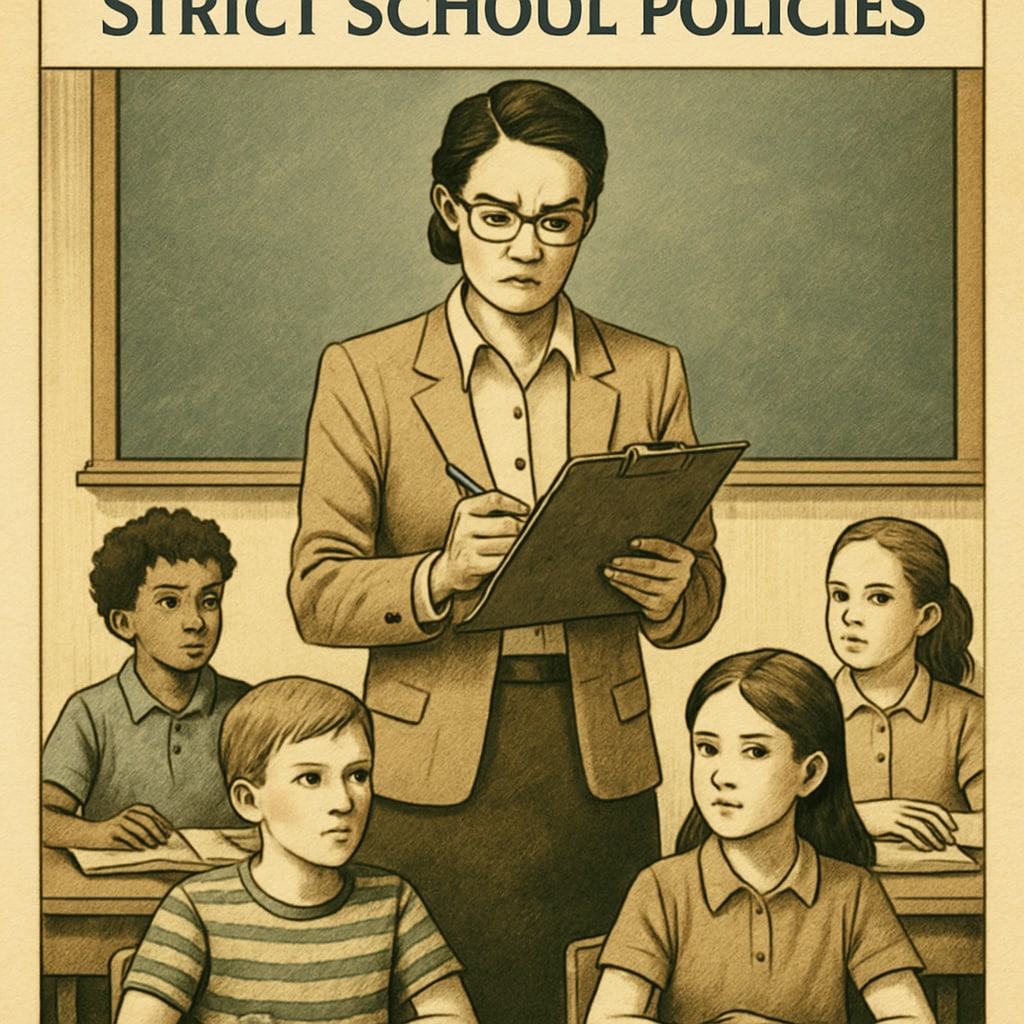Strict school attendance policies, when paired with religious intervention in handling truancy, are sparking heated debates. When a student accumulates 72 hours of unexcused absences, they are often labeled as truant. In some cases, schools partner with religious organizations, such as the Catholic Church, to provide “character training” as a form of intervention. While the intention may be to address the root causes of absenteeism, this approach raises significant concerns about the separation of church and state, as well as parents’ rights to determine how their children are disciplined. These issues highlight the need for a nuanced discussion about the role of educational institutions, religious entities, and families in shaping a child’s future.
The Growing Debate Over School Attendance Policies
School attendance policies are designed to ensure that students receive consistent education. However, the increasing rigidity of these policies is causing concern among parents and educators alike. When schools enforce strict attendance requirements, such as labeling a student truant after 72 hours of unexcused absence, it raises the stakes for families dealing with genuine challenges. For example, students from low-income households may face barriers such as transportation issues or family obligations that prevent them from attending school regularly.
Critics argue that such policies fail to address the underlying causes of absenteeism. Instead of offering support, they rely on punitive measures, which can alienate students and families further. According to the Encyclopedia Britannica, compulsory education laws were originally established to ensure that all children could access education, but modern enforcement methods often overlook the complexities of family life.

Religious Intervention: A Violation of Church and State Separation?
One of the most controversial aspects of some school attendance policies is the involvement of religious institutions in addressing truancy. For example, schools may partner with organizations like the Catholic Church to offer “character training” programs aimed at reforming truant students. While these programs may have noble intentions, they blur the lines between religious and secular authority.
Parents and legal experts have raised concerns about this practice, arguing that it undermines the principle of the separation of church and state. This principle, which is foundational to many democratic societies, ensures that public institutions remain neutral on matters of religion. According to Wikipedia, the separation is intended to protect both religious freedom and governmental integrity.
Moreover, not all parents are comfortable with the idea of religious organizations influencing their children’s values and behavior. This is particularly true for families who do not share the same faith or who prefer secular approaches to discipline and education.

Balancing School Authority and Parental Rights
At the heart of this debate is the question of how to balance school authority with parental rights. Schools have a responsibility to ensure that students attend classes regularly and benefit from their education. However, parents also have the right to raise their children according to their values and beliefs. When schools impose punitive measures or introduce religious interventions without parental consent, they risk overstepping their boundaries.
To address these concerns, schools must adopt a collaborative approach. This could include:
- Engaging families in discussions about absenteeism to identify and address underlying issues.
- Offering secular support services, such as counseling or tutoring, to help students overcome barriers to attendance.
- Ensuring that any external programs, including those provided by religious organizations, are optional and require parental consent.
By prioritizing communication and flexibility, schools can create policies that respect both their educational mission and the rights of families.
Conclusion: Rethinking Attendance Policies and Interventions
The controversy surrounding strict school attendance policies and religious intervention highlights the need for a more thoughtful approach to truancy. While schools have a duty to promote consistent attendance, they must also consider the diverse needs and values of the families they serve. By fostering collaboration and respecting boundaries, schools can create policies that support students’ success without infringing on parental rights or the principle of church-state separation.
Ultimately, the goal should be to address the root causes of absenteeism, rather than simply punishing students or imposing rigid solutions. As society continues to grapple with these complex issues, open dialogue and mutual respect will be key to finding a path forward.
Readability guidance: This article uses short paragraphs and lists to improve readability. Transition words such as “however,” “therefore,” and “for example” are incorporated to enhance flow. Passive voice and long sentences are minimized for clarity.


